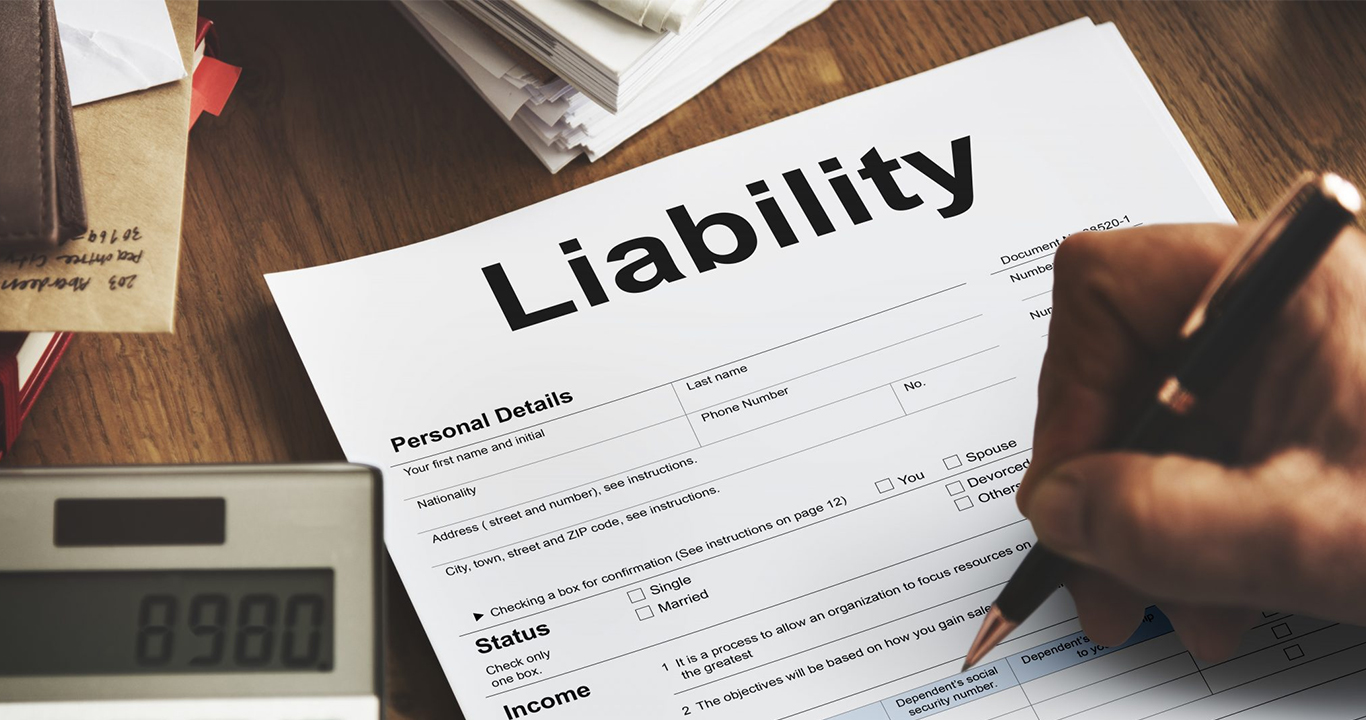Corporate general liability insurance is a crucial safeguard for businesses, offering protection from various financial risks. From coverage areas to factors to consider, explore the essentials of this vital insurance.
Overview of Corporate General Liability Insurance
Corporate general liability insurance is a crucial risk management tool for businesses, providing coverage for legal costs and damages in the event of third-party claims of bodily injury, property damage, or personal injury. This type of insurance helps protect businesses from financial risks associated with lawsuits and liability claims.
Coverage Areas in Corporate General Liability Insurance Policies
- General liability coverage for bodily injury and property damage: This includes coverage for medical expenses, legal fees, and damages if someone is injured or their property is damaged on your business premises.
- Personal and advertising injury coverage: Protects against claims of libel, slander, copyright infringement, and other related offenses.
- Products and completed operations coverage: Covers liability arising from products you sell or work you have completed.
Importance of Corporate General Liability Insurance for Businesses
Corporate general liability insurance is essential for businesses to safeguard their assets and reputation. Without this coverage, a single lawsuit could potentially bankrupt a company. It provides peace of mind and financial protection in case of unforeseen events that could lead to costly legal claims.
Examples of Situations where Corporate General Liability Insurance is Crucial
- If a customer slips and falls on your business premises and files a lawsuit for medical expenses and damages.
- If a competitor accuses your business of false advertising and takes legal action for damages.
- If a product your company manufactures causes harm to a consumer, resulting in a lawsuit for product liability.
Types of Coverage under Corporate General Liability Insurance

General liability insurance provides protection for businesses against claims of bodily injury, property damage, and personal injury that may arise during business operations. There are different types of coverage options available under corporate general liability insurance, each serving a specific purpose and providing a certain level of protection.
1. General Liability Coverage, Corporate general liability insurance
General liability coverage is the foundation of a corporate general liability insurance policy. It protects businesses against claims of bodily injury and property damage caused by the business operations, products, or services. This coverage is essential for businesses to protect themselves from potential lawsuits and financial losses.
2. Product Liability Coverage
Product liability coverage protects businesses from claims related to injuries or damages caused by products they manufacture, distribute, or sell. This coverage is crucial for businesses involved in the production or sale of physical goods to protect against product-related lawsuits.
3. Professional Liability Coverage
Professional liability coverage, also known as errors and omissions insurance, protects businesses from claims of negligence or inadequate work performance. This coverage is essential for businesses that provide professional services, such as consultants, accountants, or lawyers, to protect against claims of professional mistakes.
4. Cyber Liability Coverage
Cyber liability coverage protects businesses from claims related to data breaches, cyber-attacks, and other cyber incidents. This coverage is vital in today’s digital age to protect businesses from the financial and reputational damages that can result from a cyber-attack.
5. Employment Practices Liability Coverage
Employment practices liability coverage protects businesses from claims related to employment-related issues, such as discrimination, harassment, or wrongful termination. This coverage is important for businesses to protect themselves from lawsuits filed by employees for alleged employment practices violations.
Each type of coverage plays a crucial role in providing comprehensive protection for businesses under a corporate general liability insurance policy. By understanding the different types of coverage options available, businesses can tailor their insurance policies to meet their specific needs and mitigate risks effectively.
Factors to Consider When Choosing Corporate General Liability Insurance

When selecting a corporate general liability insurance policy, there are several key factors that businesses should carefully consider to ensure they have the right coverage in place to protect their interests.
Impact of Business Size and Type on Coverage Options
The size and type of business play a significant role in determining the appropriate coverage options under a corporate general liability insurance policy. Smaller businesses may have different needs compared to larger corporations, and the nature of the industry in which the business operates can also influence the type of coverage required.
Checklist for Evaluating Insurance Providers
- Review the reputation and financial stability of the insurance provider.
- Assess the range of coverage options offered by the provider.
- Compare premiums and deductibles across different providers.
- Consider the level of customer service and claims processing efficiency.
- Ensure that the provider has experience working with businesses similar to yours.
Common Mistakes to Avoid
- Underestimating the level of coverage needed for your specific business risks.
- Choosing the cheapest policy without considering the extent of coverage provided.
- Ignoring the fine print and exclusions in the insurance policy.
- Failing to update the insurance policy as the business grows and evolves.
- Not seeking professional advice or guidance when selecting an insurance provider.
Claims Process and Coverage Limitations
When it comes to filing a claim under a corporate general liability insurance policy, the process typically involves notifying the insurance company of the incident, providing relevant documentation and evidence, and working closely with the claims adjuster to assess the damages and determine coverage.
Coverage Limitations and Exclusions
Understanding coverage limitations and exclusions is crucial as they can significantly impact the outcome of a claim. It is important to be aware of what is not covered under your policy to avoid any surprises when filing a claim.
- Exclusions such as intentional acts, professional services, and pollution may not be covered under a general liability policy.
- Coverage limitations can include caps on certain types of damages or restrictions on coverage for specific incidents.
- It is essential to review your policy terms and conditions carefully to ensure you have a clear understanding of what is covered and what is not.
Maximizing Coverage and Navigating Claims Process
To maximize your coverage and navigate the claims process effectively, consider the following tips:
- Review your policy regularly to ensure it aligns with your business needs and addresses any potential gaps in coverage.
- Keep detailed records of incidents that may lead to a claim, including photos, witness statements, and any relevant documentation.
- Notify your insurance company of any incidents promptly to initiate the claims process in a timely manner.
- Work closely with the claims adjuster to provide all necessary information and documentation to support your claim.
- Seek guidance from your insurance agent or broker if you have any questions or concerns about the claims process or coverage limitations.
Closure

In conclusion, corporate general liability insurance is a cornerstone of risk management for businesses, providing peace of mind and financial protection. Understanding the coverage options and claims process is key to maximizing its benefits.
Detailed FAQs
What does corporate general liability insurance cover?
Corporate general liability insurance typically covers bodily injury, property damage, personal injury, and advertising injury.
How does the size of a business impact the choice of coverage options?
The size of a business can affect the coverage needed under a corporate general liability insurance policy. Larger businesses may require higher coverage limits due to increased risk exposure.
What are common mistakes businesses make when choosing corporate general liability insurance?
Common mistakes include underestimating coverage needs, not understanding policy terms, and failing to compare quotes from different insurance providers.

